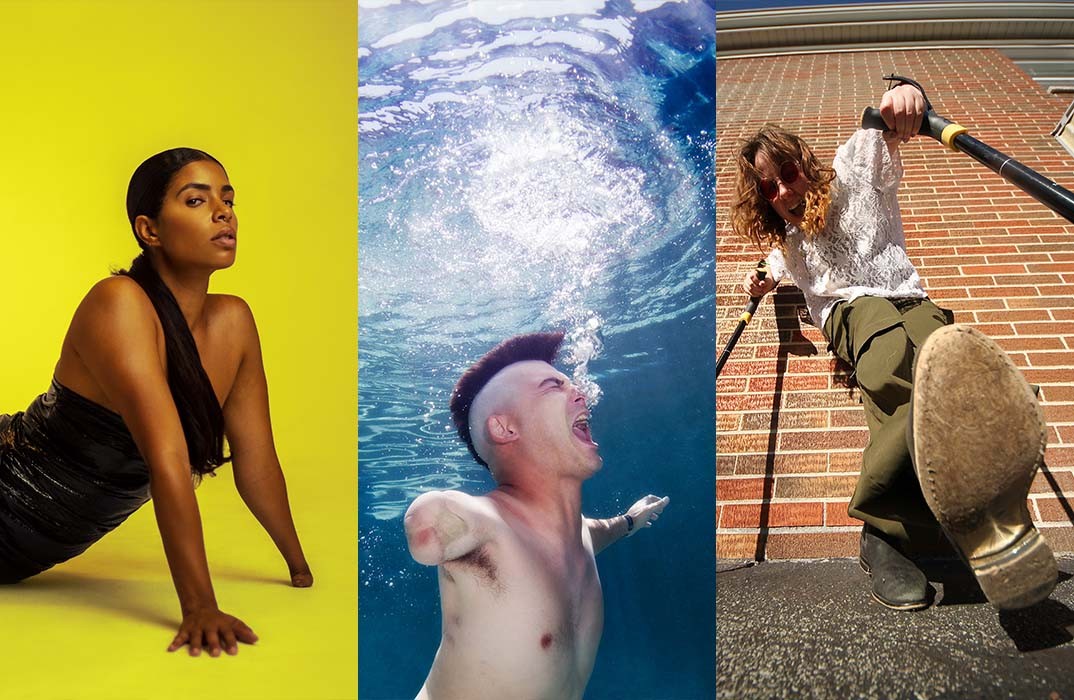Getty Images and Verizon award $20,000 grants to three innovative creators redefining disability representation
NEW YORK — February 1, 2024: Getty Images (NYSE: GETY), the world’s leading visual content creator and marketplace, in collaboration with Verizon, today announced the winners of a $20,000 creative grant aimed at highlighting the diversity, strength and beauty of the disability community through the lens of joy and empowerment.
Recent findings from a Getty Images VisualGPS global study highlight the need for improved disability representation, with only 1% of media and advertising footage showcasing people with disabilities. This lack of representation, especially at key life moments, underscores the urgent need for authentic portrayals that resonate with the diverse realities of the disability community.
“Stereotypes surrounding physical beauty and ability in the disability community impact how people with disabilities are perceived on every level,” said Dr. Rebecca Swift, senior vice president of creative at Getty Images. “We are pleased to announce these grant recipients who are reinventing the way disability is visualized in broader society, challenging existing stereotypes and promoting more inclusive representation.”
“When we broaden our perception of beauty, it changes how people perceive themselves,” said Zachary Bastian, senior manager of strategic partnerships at Verizon. “Verizon is proud to partner with Getty Images on the Disability Collection and celebrate the positive portrayal of people with disabilities in everyday life. It was an incredible honor to judge these beautiful and joyful photographs. Congratulations to the grant winners and everyone who participated.”
The grant recipients are:
1st Place (Prize: US$10,000)
Oaklee Thiele (she/her/her) is a disability rights activist and protester. With a focus on viewing life from the perspective of the disability community, she addresses systemic discrimination within academic and arts institutions. Oaklee embraces self-portraits as a means to challenge stereotypes about disabled life, and aims to showcase the creativity and resourcefulness of disabled people through this lens. For example, she highlights that a wheelchair is not a disability, but a valuable tool that enables independent living.
Source link

